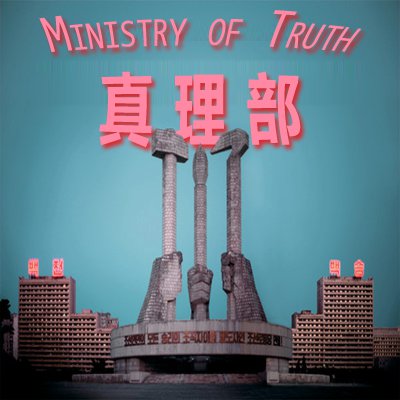The following censorship instructions, issued to the media by government authorities, have been leaked and distributed online. The name of the issuing body has been omitted to protect the source.
All websites shut down comment sections on the article “Tianjin Municipal Party Committee Secretary General Cheng Qisheng Enters Hospital After Overdosing on Sleeping Pills.” (March 2, 2017) [Chinese]
At the South China Morning Post, Eva Li reports on state media coverage of top Tianjin official Cheng Qisheng’s emergency treatment after overdosing on sleeping pills:
Cheng Qisheng, the secretary general of the Tianjin municipal party committee, was in a coma after taking sleeping pills but regained consciousness after emergency treatment, according to a report on Enorth.com, a local news portal run by the Tianjin authorities.
Cheng, 53,was able to communicate when he recovered consciousness but required further treatment in hospital, the report said, citing the municipal health department.
The report did not give reasons for Cheng’s overdose, but said he had been relying on sleeping pills for a long period of time. Cheng has not received any public denouncement or discipline. […] [Source]
Li continues to outline Cheng’s official career, and to note that Tianjin remains in political upheaval after the sacking and corruption investigation into former mayor and party chief Huang Xingguo last September. News of Cheng’s overdose and hospital visit comes amid the heightened political sensitivities that generally accompany the annual meetings of the legislative National People’s Congress and advisory Chinese People’s Political Consultative Conference. The meetings, collectively known as the “Two Sessions,” are set to begin in Beijing this week.
The article mentioned in the above directive, originally published by Tianjin-based news portal Enorth.com, is still available online, though comments on most reposts ended on March 1 or are no longer displaying.









